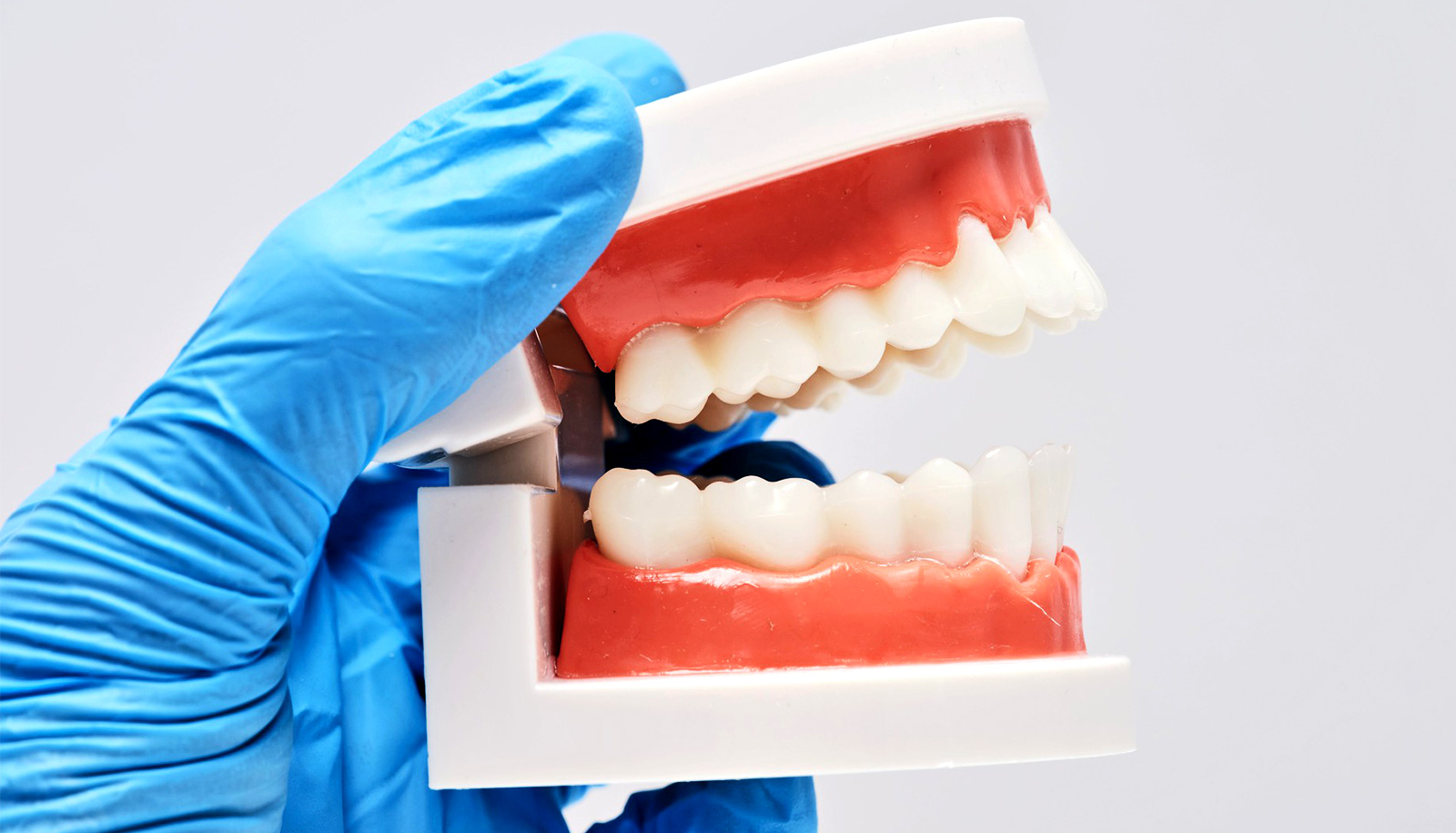Life & Health

Having both diabetes and tooth loss contributes to worse cognitive function and faster cognitive decline in older adults, according to a new study.
“Our findings underscore the importance of dental care and diabetes management for older adults in reducing the devastating personal and societal costs of Alzheimer’s disease and other related dementias,” says Bei Wu, vice dean for research at New York University’s Rory Meyers College of Nursing, codirector of the NYU Aging Incubator, and lead author of the paper in the Journal of Dental Research.
Diabetes is a known risk factor for cognitive decline and dementia. Several of the hallmarks of diabetes—high blood sugar, insulin resistance, inflammation, and related heart disease—are thought to contribute to changes in the brain.
A growing body of research has revealed a similar connection among poor oral health, particularly gum disease and tooth loss, and cognitive impairment and dementia.
Like diabetes, inflammation plays a key role gum disease, and these inflammatory processes may contribute to cognitive decline. In addition, painful gums and missing teeth can make it difficult to chew, leading to changes in diet that can result in nutritional deficiency.
Nutritional deficiency, which can also be worsened by impaired glucose tolerance and insulin sensitivity in diabetes, is another risk factor for cognitive impairment and dementia.
_11zon1678789888.jpg)
“Poor oral health, diabetes, and cognitive decline are all connected, and we’re beginning to understand how they may influence and exacerbate one another,” Wu says.
While both diabetes and missing teeth are risk factors for dementia, little research has focused on the effects of having both conditions in the course of cognitive decline. To address this gap, Wu and her colleagues turned to the University of Michigan’s Health and Retirement Study, analyzing 12 years of data (2006-2018) from the longitudinal study in order to observe cognitive changes over time.
The researchers included 9,948 older adults grouped by age (65 to 74, 75 to 84, and 85 and older) in their analysis. The Health and Retirement Study included measures of memory and cognitive function, assessed every two years, along with questions about tooth loss, diabetes, and other health and demographic factors. In this analysis, the researchers were particularly interested in older adults who had lost all of their teeth.
They found that older adults aged 65 to 84 with both diabetes and complete tooth loss had worse cognitive function than their counterparts without either condition. Over time, older adults aged 65 to 74 with diabetes alone experienced accelerated cognitive decline, and those aged 65 to 84 without any teeth also experienced accelerated cognitive decline, but older adults aged 65 to 74 with both diabetes and complete tooth loss had the fastest rate of cognitive decline.
The relationship among diabetes, tooth loss, and cognitive decline was inconclusive for adults 85 and older, which may be explained by this group having overall greater cognitive impairment, potentially being healthier (as unhealthy individuals may be less likely to survive into their late 80s), or perhaps having more experience managing their diabetes.
For older adults with both poor oral health and diabetes, the researchers stress the importance of regular dental visits, adherence to diabetes treatment and self-care to control blood sugar levels, and cognitive screenings in primary care settings.
“Access to dental care for older adults—especially those with diabetes—is critical, and health care providers should educate their patients about the connection between oral health and cognition,” says Wu.
Additional coauthors are East Carolina University, Duke University, and NYU.
The National Institutes of Health supported the work.
Source: NYU/Futurity
Original Study DOI: 10.1177/00220345231155825

_11zon1681280198.jpg)




